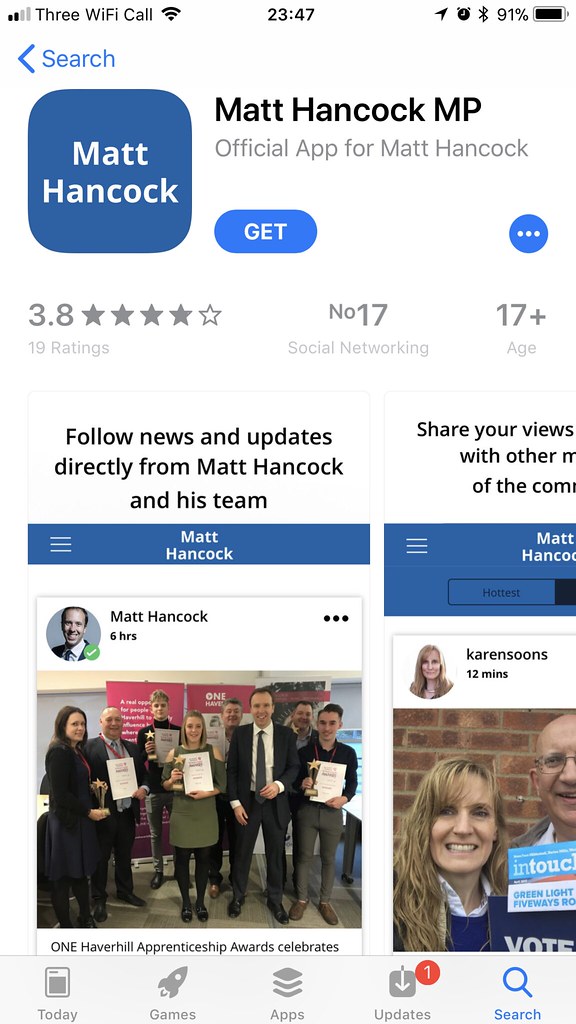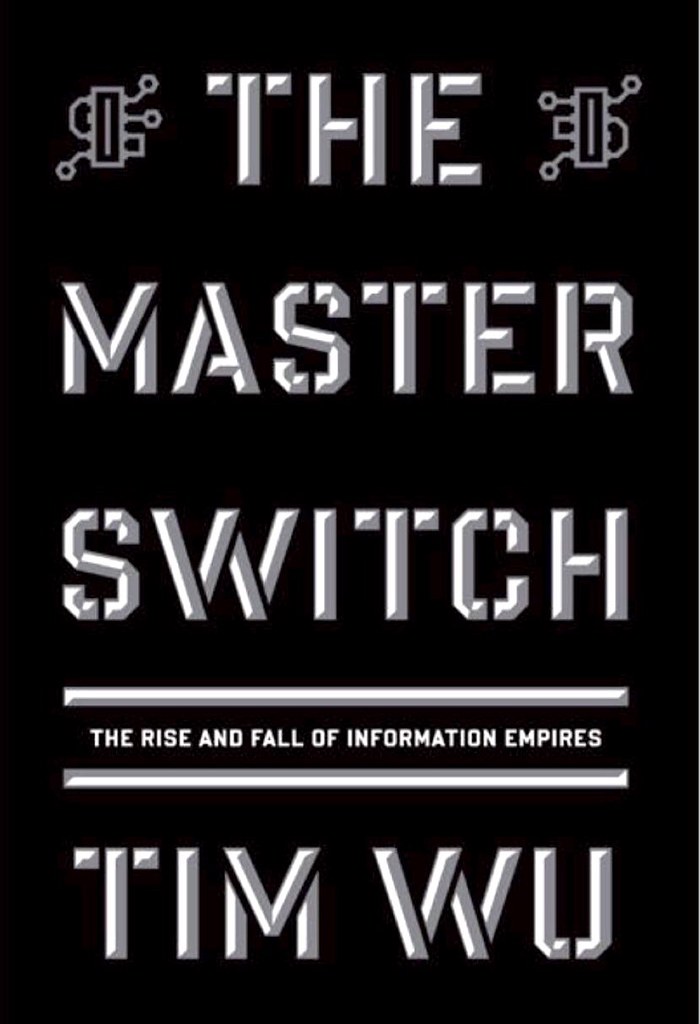Mood Swing Rebrand – World Creative Studio – interesting take on MTV’s rebrand in terms of approach to the communications challenge. What is even more impressive is that it is coming out of MTV’s inhouse World Creative Studio
An Ad Executive Often in the Vanguard Peers Into the Future – The New York Times – The one thing that’s kind of disturbing about all of this to me and potentially The New York Times is: Are we moving into a world where the dominant platforms of media consumption are basically getting close to a point where they’re blacklisting the monetization of news? It seems that there is no huge demand in Google’s program commissioning to commission news. I don’t see there’s a big appetite for Facebook saying, “We would like 20 news organizations to provide news bulletin programming for Facebook Watch.” We know there are dozens and dozens of news organizations around the world, or at least a dozen or two that include The Times, Reuters, Bloomberg, the BBC and so on, who are, for the most part, the keepers of truth in news and the people who keep the public informed. And it seems odd to me that if you have aspirations to take up a very significant part of the media consumption time of the public that you do not have an overt policy for the dissemination of news – actually its not odd at all if you look at consumer research about media
Microsoft partners Publicis Groupe to develop Marcel platform | Marketing Interactive – will build and connect Marcel to its deep technology and AI capabilities, leveraging Microsoft Azure AI and Office 365
Can This Brooklyn Entrepreneur Reinvent Public Relations? | Forbes – I am skeptical but interesting hypothesis PR disruption through SaaS
Investing in Indonesia | Google Blog – getting a stake on Go-Jek
7-Eleven Grabs A Cup Of The Coffee Market – YouTube – interesting how 7-Eleven is going after McDonalds
Citizen Considers Broadening Appeal With $18,000 Watches – Bloomberg – interesting how wearables isn’t something that they care about that much
When A Small Leak Sinks A Great Ship: Deanonymizing Tor Hidden Service Users Through Bitcoin Transactions Analysis – by Al Jawaheri, Al Sabah, Boshmaf & Erbad (Qatar University) (PDF)
HNA ditches vanity purchases for Silk Road commodity deals to vie for Beijing’s support | South China Morning Post – interesting bits here. Massive change in M&A strategy to align with government – but it makes me wonder how they are going to service a lot of their debt?
Intel Warned Chinese Companies of Chip Flaws Before U.S. Government – WSJ – so basically Intel betrayed the US, Russia and most western governments, almost all its client base in the server market. It is a pity that Oracle and its SPARC business aren’t in a position to take full advantage of it, but Qualcomm might
Why Americans see Buddhism as a philosophy rather than a religion — Quartz – Suzuki regarded Kerouac as a “monstrous imposter” because he sought only the freedom of Buddhist awakening without the discipline of practice
General and Surprising – Pul Graham – The most valuable insights are both general and surprising. F = ma for example. But general and surprising is a hard combination to achieve. That territory tends to be picked clean, precisely because those insights are so valuable.
Cheap as hips: why Malaysia is the best place for Chinese to retire | South China Morning Post – interesting article, but what about the socio political aspects of living in Malaysia? Malaysian interpretation of Islam is moving closer to that practiced in the Gulf. This is exasperating the discrimination against Chinese and South Asian ethic origin Malaysians such that the country is suffering a brain drain More China related content here.
Shanghai wants you … but can it really be as attractive to foreigners as Hong Kong? | South China Morning Post – Shanghai isn’t comfortable or attractive, Shenzhen might have more chance if it took on Hong Kong laws and systems
The Follower Factory – The New York Times – this isn’t news
Hedonism 1988 – amazing read by Phil Cheesman via our Matt





